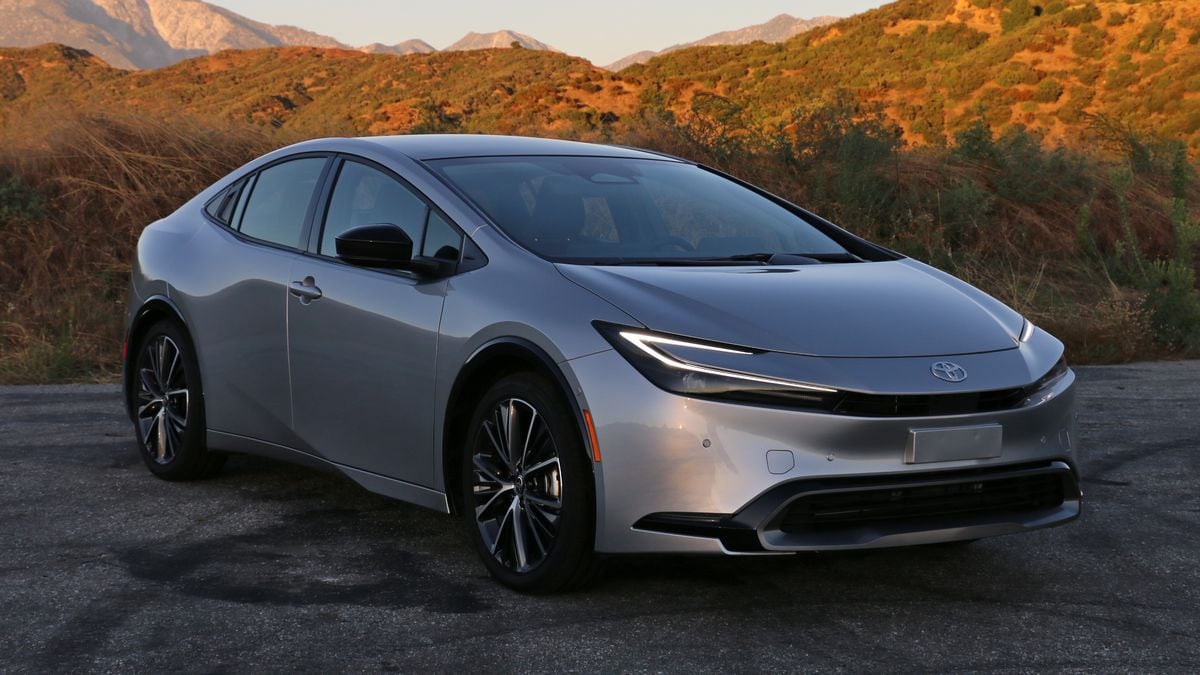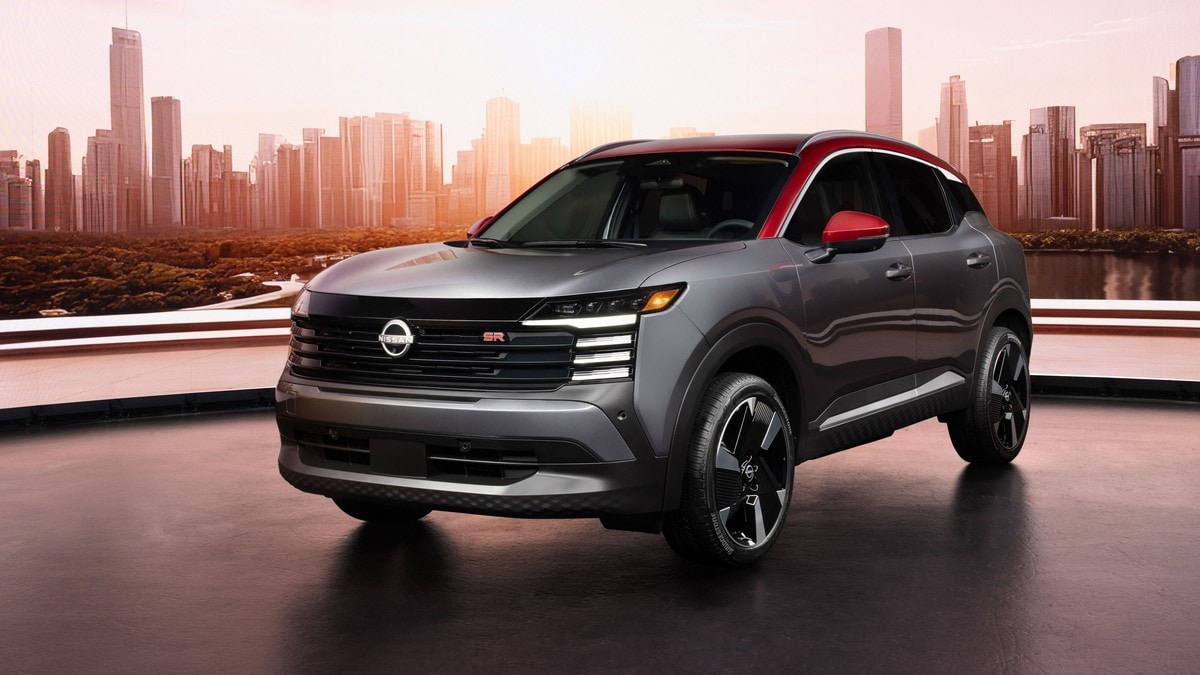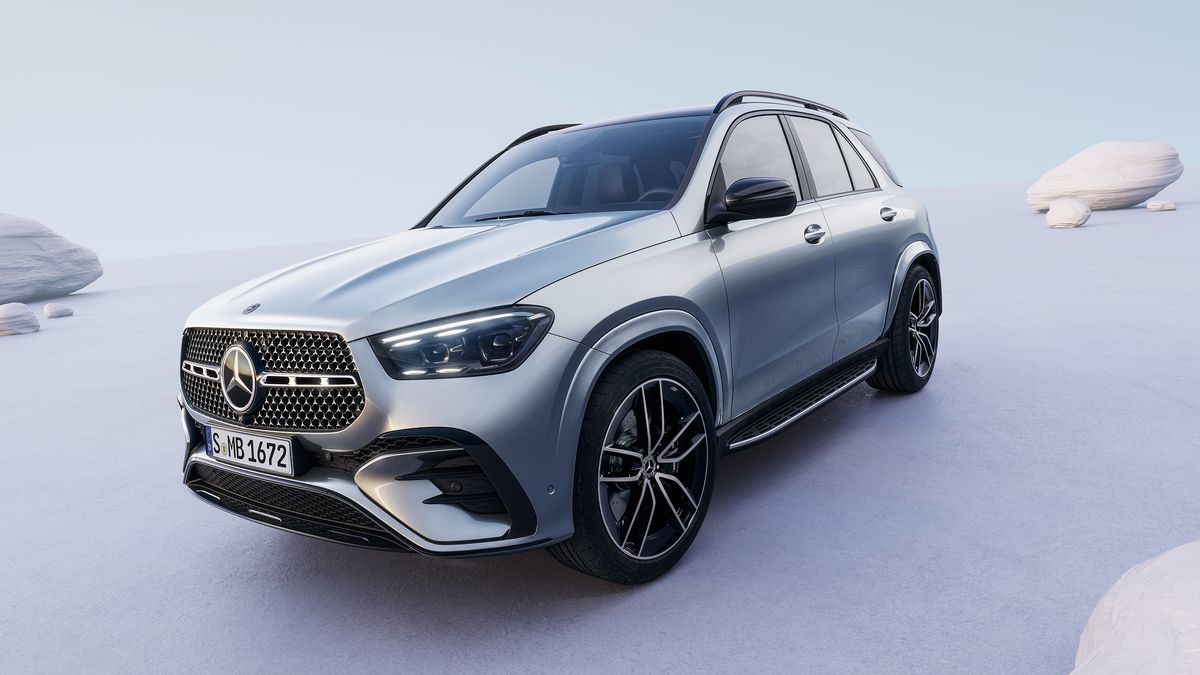Quick Facts About Horsepower and Torque
Have you ever wondered why your car may — or probably not — go from zero to 60 mph in 2 seconds? Well, it has everything to do with the torque and horsepower of the vehicle.
These two features are indications of your car’s performance, which is why automobile commercials boast about how much horsepower and torque their respective vehicles produce.
“Torque is more important than horsepower when you first accelerate. Horsepower is more important than torque when you want to maintain peak performance,” explains Jason Fogelson, a senior editor at Kelley Blue Book. “Engineers tune for both, balancing horsepower and torque curves for the desired action.”
Since there’s no one-size-fits-all, knowing the benefits and differences of torque vs. horsepower is good. Keep reading as we answer your acceleration- and speed-related questions so you can determine which is most useful for you.
What Is Horsepower?
Horsepower is a unit of measurement of power. In technical terms, one horsepower is what it takes to move 550 pounds one foot in one second. A horsepower figure defines how much power your engine can produce in a certain amount of time. The more horsepower your engine has, the faster you will be able to go. Simple right?
Well, it’s a bit more complex than that. The horsepower doesn’t have much to do with the “off-the-line” speed, but once the car takes off, the ability to use a high top speed and maintain high speeds is where the horsepower kicks in. The power produced by the engine keeps the vehicle moving at such speeds.
Horsepower is a major factor in how fast your car goes when you step on the gas pedal.
What Is Torque?
Torque, like horsepower, is responsible for the speed of your car. Torque is the twisting force an action generates. So when you try to twist open a sticky doorknob, the force you use to turn the knob is torque.
So how does this relate to how fast your car can go? Well, if you’ve ever tried to race somebody at a traffic light, how quick you went from stop to start is because of torque. It is responsible for how quickly the car can accelerate and helps you go from zero-to-60 mph in a matter of seconds.
The up-and-down motion of the pistons in your engine produces force. The force is then transferred through the powertrain to your wheels which in turn causes the car to go. Torque becomes crucial if you plan to tow, because the amount of work and force produced in the engine directly relates to how much the vehicle can pull and tow.
See our Towing Capacity Guide.
What Is the Difference Between Horsepower and Torque?
While horsepower and torque do go hand in hand to ensure a fast ride, they are still two completely different aspects of your engine’s capability. You can’t have one without the other, but you can have one high and one low. Let us explain.
Look at big trucks, for example. When equipped with the 3.5-liter PowerBoost Full Hybrid V6 engine, the 2023 Ford F-150 can produce 570 lb-ft of torque, but you wouldn’t bet on that truck in a race. That’s because, despite its high torque, it only produces 450 horsepower. While that’s a healthy amount, when you factor in the vehicle’s weight, the horsepower would have to be much higher for it to compete in a high-speed race. However, the F-150’s torque helps its towing and payload capacity.
You need torque to get a car moving. Torque helps it accelerate from zero to 60 mph in a flash. Horsepower is responsible for the car’s top speed and maintaining that speed. That’s why vehicles with V8, V12, and turbocharged engines can go so fast — because they are producing more power. And where does that power come from?
Horsepower!
MORE: Payload Capacity Guide
How Are They Measured?
Technicians measure a car’s horsepower and torque using a dynamometer. The car gets mounted on a treadmill-like platform that allows the driven wheels to spin while the car remains stationary. The dynamometer measures the force the car’s wheels exert moving the treadmill rollers and calculates how much horsepower and torque have been produced. This kind of measurement accounts for the real-world power from the engine through the drivetrain to the wheels rather than measuring the engine’s direct output.
Most horsepower and torque figures you see quoted are peak figures — the maximum amount you can expect an engine to produce.
Horsepower
When measuring how much horsepower a car has, you must first find out how fast it can lift 33,000 pounds one foot in a minute, or rpm (revolutions per minute). So when it comes to your car, horsepower is how quickly your vehicle produces output. That amount is significant in helping your car reach its top speed.
For all of you mathematicians, the exact formula for horsepower is H = T x rpm/5,252, where T is torque, rpm is revolutions per minute, and 5,252 is the constant.
Torque
On the other hand, torque is measured in pounds to feet, meaning it will measure the amount of force used in feet. One way to look at this is to imagine you’re using a 3-foot-long wrench to tighten a bolt. If you apply 300 pounds of twisting force to the wrench, you will use 300 pounds-feet of torque, expressed as lb-ft.
The formula for torque is pretty simple, torque = horsepower x 5,252 divided by the rpm. Once again, the 5,252 is the constant.
The torque is the amount of pulling power the car produces while stepping on the gas. While torque is important in trucks since they need the muscle to pull heavy items, smaller sedans can also have lots of torque. For example, the 2024 Chevrolet Camero SS has 455 lb-ft of torque, which helps it reach 0 to 60 mph in just four seconds.
How Horsepower and Torque Affect Acceleration
Now, for the moment you’ve all been waiting for: Horsepower and torque affect acceleration because, well, they make the car accelerate. In terms of acceleration, torque plays a bigger role in how quickly your car accelerates. That’s because the torque results from the force the pistons generate and at what speed. The quickest vehicles can generate high levels of this torque force at relatively low rpm. This allows the vehicle to accelerate quickly. So when you feel your neck push back into your seat after slamming on the gas, that’s the torque at work.
When it comes to how fast your car can go, that’s where the horsepower takes over. Horsepower is why certain cars with turbocharged V8 or better engines can hit top speeds of 300 mph. The force produced in the engine by the horsepower at relatively high rpm is what’s going to allow you to reach high speeds.
So, which is better for you and your racing dreams? Well, if you just want to go fast and hit 140 mph, then horsepower would be more effective for you. However, if you want a strong car that can pull boulders and take off quickly, a high torque might be more important to you. In short, torque makes your vehicle quick. Horsepower makes it fast.
Torque In Electric Vehicles
So since electric cars don’t have engines, do they still have torque and horsepower? Yes, they do.
Just like gas vehicles, electric cars must still accelerate and reach a top speed. However, the output is measured in kilowatts instead of rpm. But, for electric cars, the acceleration happens much faster than their rivals.
RELATED: Highest Horsepower Electric Cars
Look at accelerating in an EV as turning on a light switch. There is instant power–no need for the electricity to warm up before hitting the light bulb. Since there is instant power, the EVs have better and stronger torque than their gas rivals.
The Tesla Model S Plaid offers drivers 1,020 horsepower and 1,050 lb-ft of torque. Gas-powered vehicles can’t deliver this kind of power instantly. A car’s gas engine has to get going first before reaching its peak performance. Electric vehicles don’t have this problem as their peak rpm starts from zero. So if you ever wondered if electric cars can keep up with gas cars, the answer is yes, very much so.
Read Related Articles:
Editor’s Note: This article has been updated since its initial publication.





